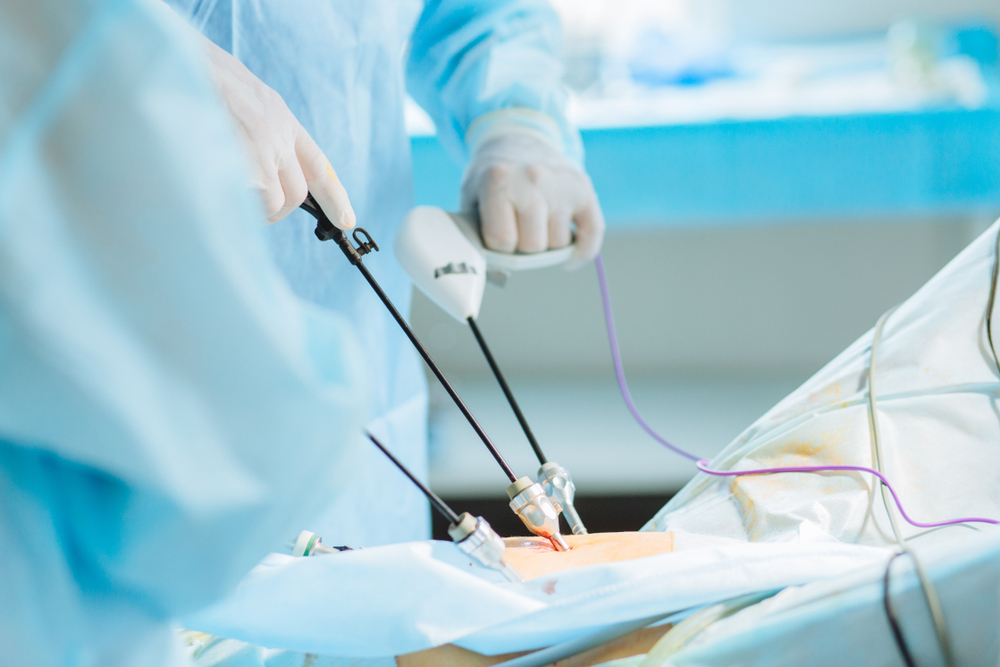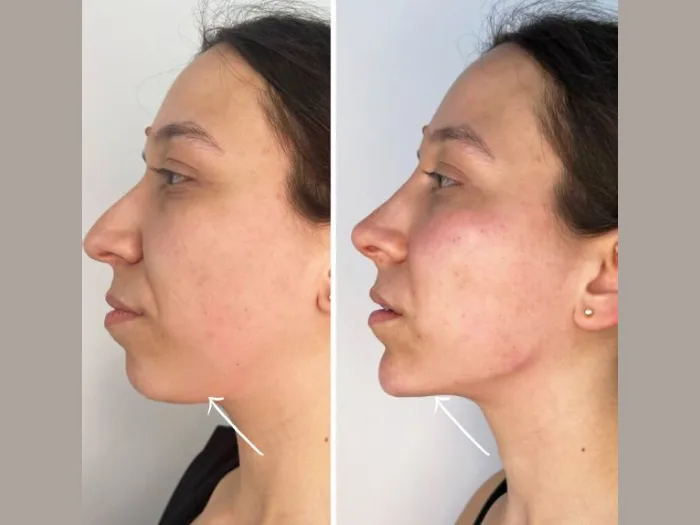When it comes to your health, understanding the right time for a specific medical procedure can feel overwhelming. One common yet often misunderstood procedure is laparoscopic surgery—a minimally invasive surgical technique that has changed the way many health conditions are treated. If you’re in the UAE and considering this route, you might be wondering whether it’s the right choice for your condition. Many people seek Laparoscopic Surgery in Dubai for its advanced medical facilities and modern approach to treatment.
In this article, we’ll explore the signs that indicate you might need laparoscopic surgery, how the procedure works, and what to expect in the decision-making process.
What is Laparoscopic Surgery?
Laparoscopic surgery—also known as minimally invasive surgery—is a technique where small incisions are made, and a camera (laparoscope) is inserted into the body. This allows the surgeon to see inside without making large cuts, reducing recovery time, pain, and risk of complications.
It’s used for diagnosing and treating a range of conditions, especially in the abdomen and pelvic regions. Common procedures include gallbladder removal, hernia repair, endometriosis treatment, appendectomy, and certain gynecological surgeries.
Signs You Might Need Laparoscopic Surgery
Not every condition requires surgery, and not all surgeries need to be open. Laparoscopic surgery is typically recommended when:
H3: You Experience Persistent Abdominal Pain
Abdominal pain that doesn’t improve with medication or lifestyle changes could be a sign of something more serious—like gallstones, appendicitis, or chronic inflammation. When non-invasive treatments fail, a laparoscopic approach might be the next step for both diagnosis and treatment.
H3: You’ve Been Diagnosed with a Hernia
Hernias, especially inguinal or umbilical, are often treated with laparoscopic surgery to reinforce the abdominal wall. If your hernia is causing discomfort, pain, or interfering with daily life, surgery may be necessary to prevent complications.
You Have Chronic Gynecological Conditions
Women with endometriosis, ovarian cysts, or fibroids might benefit from laparoscopic procedures. These conditions often cause pelvic pain, heavy periods, and fertility issues. A laparoscopy can both diagnose and treat the underlying problem with minimal disruption.
You’ve Been Recommended for Gallbladder Removal
Gallstones or inflammation (cholecystitis) that cause repeated pain or digestive issues often require gallbladder removal. Laparoscopic cholecystectomy is a standard and effective procedure with a fast recovery period.
Benefits of Choosing Laparoscopic Surgery
One reason laparoscopic surgery is becoming more common is due to its many advantages over traditional open surgery.
Smaller Incisions, Less Scarring
The small cuts made during laparoscopic surgery mean less visible scarring, making it a preferred option for those concerned about cosmetic results.
Faster Recovery Time
Since there is less trauma to the body, most patients experience shorter hospital stays and return to normal activities quicker.
Reduced Risk of Infection
Smaller wounds mean a lower risk of infection and other complications post-surgery. This is especially important for individuals with weakened immune systems or chronic health conditions.
Less Pain and Medication Use
Patients typically report less postoperative pain and need for pain medications compared to those who undergo open surgery.
Diagnostic Uses of Laparoscopy
Laparoscopy isn’t just used for treatment—it’s also a valuable tool for diagnosis.
If imaging tests like ultrasounds, CT scans, or MRIs are inconclusive, a laparoscopy might be used to get a direct view of internal organs. It can help identify:
-
Unexplained pelvic or abdominal pain
-
Suspected infections or abscesses
-
Internal bleeding or organ damage
-
Cancer staging or biopsy needs
When to Talk to a Specialist
Not all cases of abdominal or pelvic pain require surgery, and even if surgery is recommended, it doesn’t mean you have to act immediately. However, you should consult a healthcare provider if:
-
Your symptoms are persistent or worsening
-
Over-the-counter treatments or prescriptions don’t help
-
Your quality of life is affected (e.g., sleep, appetite, movement)
-
Imaging or lab tests suggest a structural or chronic condition
A specialist will evaluate your symptoms, review your medical history, and possibly order additional tests before recommending surgery. The decision to proceed with laparoscopic surgery is usually based on the severity of the condition, how long it has lasted, and how well other treatments have worked.

What to Expect Before and After Laparoscopic Surgery
Understanding the process can help ease anxiety and improve your recovery.
Pre-Surgery Preparation
You may need to fast before the procedure and undergo blood work or imaging studies. Your doctor will provide personalized instructions, including medication adjustments if needed.
During the Procedure
The surgery typically lasts 1–3 hours depending on the complexity. General anesthesia is used, and small incisions are made for the laparoscope and surgical instruments.
Recovery and Aftercare
Most patients go home the same day or after a short hospital stay. You’ll likely experience mild discomfort, swelling, or bruising, which can be managed with prescribed pain relievers. Full recovery usually takes a few days to a few weeks.
Conclusion: Listen to Your Body
Knowing whether you need Laparoscopic Surgery Dubai isn’t always black and white. It requires careful evaluation by a medical professional and a clear understanding of your symptoms. Whether you’re experiencing chronic pain, recurring digestive issues, or unexplained symptoms, it’s essential to seek medical advice early. For many, laparoscopic surgery offers a safe, efficient, and less invasive way to get back to living a healthy, active life.



